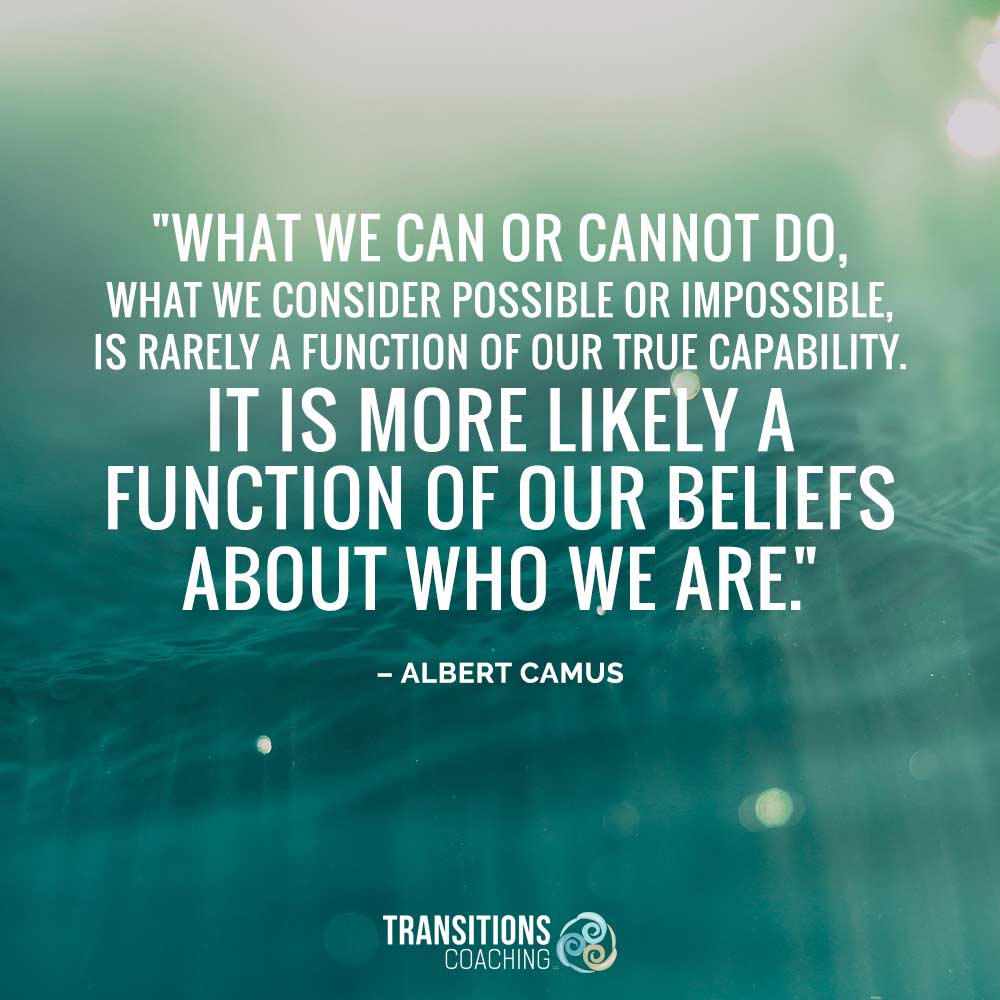
Let’s be honest for a moment: Things are hard … and constantly getting harder.
In the space of just three years, we’ve experienced multiple shocks. A global pandemic. A war. An escalating climate crisis. The pervading presence of AI. Another war. Usually, these shocks come one or two at a time. We’re currently under immense pressure with multiple.
If there has ever been a need to cope with complexity, it’s now. But how many times can a leader search for “how to navigate complexity” and find a new solution? How many courses can we take, and books can we read before we recognize the same tips being played on a constant loop?
I’ll admit it. When I sat down to write another article about complexity, I immediately felt discouraged. “What can I possibly tell leaders that they haven’t already heard?” I thought. “How can I write something new and useful when only the same old aphorisms come to mind?”
And then I was hit with the solution to my writer’s block—which also turned out to be the solution to that bigger, harder question. The answer was creativity.
Complexity Thinking = Creative Thinking
As I was spinning up ideas for this article, I read a lot about complexity thinking. Complexity thinking (sometimes referred to as systems thinking) is an approach to understanding and solving complex problems. It acknowledges that many real-world problems—economic, social, organizational—are characterized by interdependencies that can’t be fully explained with a traditional, linear approach.
Creative thinking is just a simpler way of saying the same thing. Creative thinking is also an approach to understanding and solving problems. It involves breaking away from conventional patterns and embracing a mindset of exploration, experimentation, and new possibilities.
Both complexity thinking and creative thinking give us more flexible and adaptive ways to address challenges. They intersect by encouraging us to set aside what we know (or think we know) and break away from our usual approaches to problem-solving. This is exactly what we need in a world characterized by uncertainty.
A Creative Breakthrough
Embracing complexity can enhance our capacity for creative thinking. Tapping into our creativity can help us understand and navigate complexity. The synergy between the two is what can sometimes create a breakthrough.
But what if you don’t consider yourself to be a particularly creative person? That writer’s block I described earlier? It wasn’t a one-off scenario. It’s something I battle more often than not.
Tapping into and nurturing your creativity is possible, even if you don’t believe you’re creative. Creativity is not (always) a natural talent but a skill that can be developed over time. And that means that everyone has creative potential.
The first step to unlocking that potential is to challenge the self-limiting beliefs and silence the negative self-talk that might be blocking your creative thinking. Once you’ve done that, you can borrow from these suggestions to tap into your creativity and use it to solve complex problems:
Cultivate curiosity
Adopt a curious mindset. When you encounter something unfamiliar, ask questions. Explore topics and ideas that pique your interest, dive into subjects and fields different from your own, and expand your knowledge. Cross-disciplinary thinking can lead to creative insights.
How often do you set out to learn something new? What’s one thing you can do today to broaden your perspective?
Challenge assumptions
Creativity thrives in environments where we challenge conventional thinking. To embrace complexity, we have to break free from our usual linear thought patterns and question conventional wisdom or the status quo.
When did you last ask, “What if?” or “Why not?” to explore alternative solutions? What might happen if you led with these questions?
Look for patterns
Complexity thinking and creative thinking both involve the ability to recognize patterns. Thinkers who rely on logic seek patterns within systems to understand them better. Creative thinkers use pattern recognition to connect seemingly unrelated concepts. Melding these two types of thinking can help us generate new ideas.
Do you tend toward the logical or the improbable? How can you bring the two together the next time you’re asked to solve a challenge?
Seek out diverse perspectives
I cannot say enough about the importance of diversity in thought when problem-solving. (Often, brainstorming with someone else is the only way to combat writer’s block.) Diverse perspectives and input are crucial in complexity thinking, and creativity often arises from the collision of different ideas, backgrounds, and viewpoints. It’s simple, really: when we work together, we’re more likely to generate creative solutions.
Do you share your challenges with colleagues or coaches and ask for their input? How do you use their feedback to refine and improve your creative solutions?
Creativity is a skill that can be cultivated with practice
Of course, I would be remiss not to acknowledge that practice takes time. And for many of us, time feels like a luxury we don’t have. But consider this: failure to make the time and space necessary to foster your creativity will cause you to fall back on old solutions. And those old solutions won’t create new outcomes.
The next time you’re faced with a complex problem, stop. Don’t react. Don’t revert. Intentionally approach problem-solving with an open and creative mindset. Write in a journal. Take a walk. Listen to a podcast. Pet your dog. Better yet, listen to a podcast while you take your dog for a walk and then come home and write down all the ideas you had while you were out! (This is my go-to solution for conjuring creativity.) You may discover your creative potential and identify an innovative solution that wasn’t apparent at first.
At Transitions Coaching, we work with leaders every day who are navigating complexity
Our individual coaching and group programs can help you understand your natural tendencies to shift your thinking and behavior. Meet the Transitions Coaching team here and learn how we can help you tap into the creativity that will inspire your growth as a leader.




